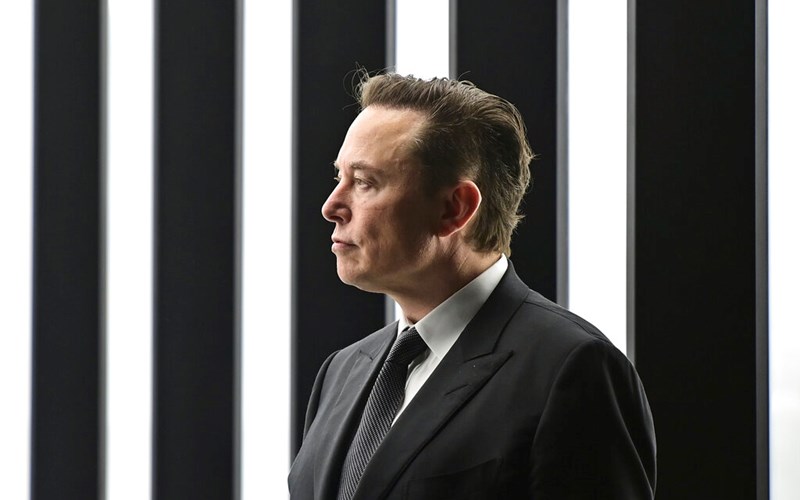The U.S. Food and Drug Administration (FDA) has given Elon Musk's tech company Neuralink permission to implant a Bluetooth-connected computer chip into human brains. Aside from approving the trials, the FDA has not provided any details.
The approval comes as Neuralink faces federal scrutiny following employee claims that the company was rushing and botching surgeries on monkeys, pigs, and sheep last year, resulting in more animal deaths than necessary, as Musk reportedly pressured staff to receive FDA approval.
The animal experiments produced data intended to support the company's application for human trials with the ultimate hope that doctors can program the chip to help with diseases like Parkinson's and ALS, as well as hearing and vision loss or even quadriplegia.
Researcher and bioethicist David Prentice of the Charlotte Lozier Institute says the potential is breathtaking.

"Various folks … could greatly benefit from something like this that helps coordinate the thoughts and translate those into willful muscle movement," he recognizes.
But considering that the programmers could go from doctors to psychologists or politicians, he warns that the possible threat is equally breathtaking.
"Somebody [could] hack, essentially, a brain implant to control a person's movements, even implanting certain thoughts or certain directions and motives," Prentice poses.
He points out that God has instilled in man the desire to explore, create, invent, and excel. All that, he says, is well and good as long as those explorers, creators, and inventors fear and honor God.
Since that is unlikely at best in the current culture, Prentice insists that strong safeguards are essential for this project.
"Full transparency is what is called for," he submits. "The researchers themselves, the subjects of the research – everything needs to be completely in the open so that we can guard against this turning to a poor purpose."







